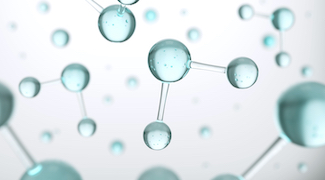Japan to Invest $107 Billion in Hydrogen Supply Over 15 Years
(Reuters) — Japan plans to invest 15 trillion yen ($107.5 billion) over the next 15 years to supply the country with hydrogen, the government said on Tuesday, as it accelerates efforts to use the gas to shift to a low-carbon economy.
Around the world, countries are competing to develop hydrogen as a means of reducing emissions in some of the most difficult industries to decarbonize, such as steel production and chemical manufacture, and because of its potential usefulness in cleaning up the energy sector.
Japan, which first published its Basic Hydrogen Strategy in 2017, on Tuesday announced a revised target to boost hydrogen supply to 12 million tonnes a year by 2040.
The initial plan called for hydrogen supply in Japan to reach 3 million tonnes annually by 2030 from 2 million tonnes now.
By 2050, Japan aims for around 20 million tonnes when it expects the global hydrogen market to generate $2.5 trillion in annual revenue.
Of the 15 trillion yen, the government plans to provide 6-8 trillion yen and for the remainder to come from the private sector, the industry ministry said.
The plan also aims to help Japanese companies to play a central role in providing the electrolyzers needed to produce hydrogen from water.
It sets a target for Japanese-affiliated companies domestically and abroad to have a total of 15 gigawatts of electrolyzer capacity by the end of this decade from less than 1 GW now.
($1 = 139.4900 yen)
Related News
Related News

- Keystone Oil Pipeline Resumes Operations After Temporary Shutdown
- Biden Administration Buys Oil for Emergency Reserve Above Target Price
- Freeport LNG Plant Runs Near Zero Consumption for Fifth Day
- Enbridge to Invest $500 Million in Pipeline Assets, Including Expansion of 850-Mile Gray Oak Pipeline
- Williams Delays Louisiana Pipeline Project Amid Dispute with Competitor Energy Transfer
- Evacuation Technologies to Reduce Methane Releases During Pigging
- Editor’s Notebook: Nord Stream’s $20 Billion Question
- Enbridge Receives Approval to Begin Service on Louisiana Venice Gas Pipeline Project
- Russian LNG Unfazed By U.S. Sanctions
- Biden Administration Buys Oil for Emergency Reserve Above Target Price





Comments